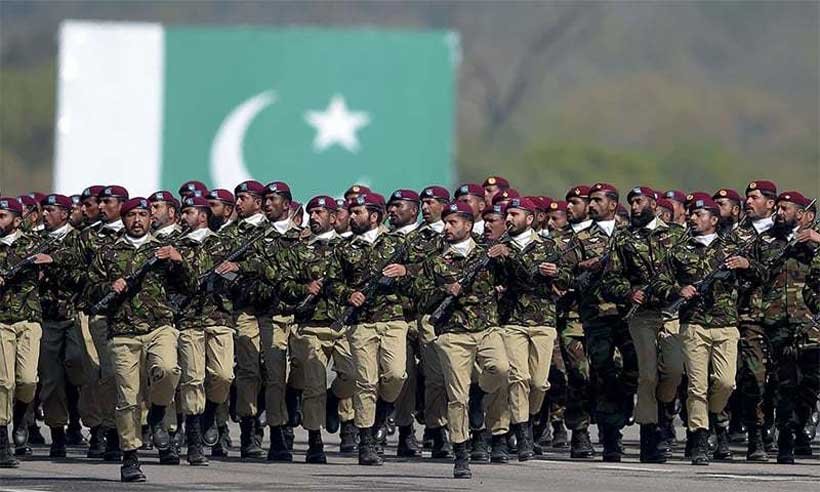The Auditor General of Pakistan (AGP) has unveiled significant financial irregularities, non-transparent procurements, and unauthorized expenditures within various formations of the country’s defence services.
The AGP has urged relevant authorities to enhance internal controls and initiate inquiries to assign responsibility.
In its comprehensive audit report on the accounts of Defence Services for the audit year 2023-24, the AGP detailed over 300 pages of audit objections. These include issues such as non-recoveries, overpayments, advance payments, procurement-related irregularities, state losses, and the non-production of records.
The report highlighted that the Ministry of Defence receives a single-line budgetary grant, which is allocated among the Ministry of Defence Production, Services Headquarters, Inter-Services Organisations, and the Strategic Planning Division. The primary role of the armed forces — the Army, Navy, and Air Force — is to defend the nation’s territorial integrity and assist civil administration when necessary.
The audit scrutinized expenditures totaling Rs. 566.29 billion, covering Rs. 335.63 billion during the second phase of the 2022-23 audit and Rs. 230.66 billion in the first phase of the 2023-24 audit.
Key issues identified include non-compliance with Defence Services Regulations, such as advance payments before work completion, splitting of financial powers, non-recovery of rent and charges, non-deduction of taxes, violation of public procurement rules, and unauthorized work execution.
The Defence Services were initially allocated Rs. 1.563 trillion for the financial year 2022-23, later increased to Rs. 1.592 trillion through supplementary grants. The report expressed concern over the poor compliance rate with audit objections over the past 40 years, noting that efforts to regularize accounts have been insufficient.
Since 1985, the Ministry of Defence has complied with only 659 out of 1,974 directives from the Public Accounts Committee (PAC) of the parliament, indicating a slow compliance rate. The Ministry of Defence Production’s performance was similarly lacking, with compliance on only 109 out of 372 PAC directives.
The report emphasized the need for the principal accounting officer to expedite compliance with PAC directives, as they pertain to public funds. It also noted procurement violations within Army formations, where contracts were divided and awarded to favored contractors to bypass transparent bidding processes.
In some instances, procurements were justified as secretive, with advertisements made only on the Public Procurement Regulatory Authority (PPRA) website, skipping newspaper ads. However, auditors found no documentary evidence of such advertisements, and no exemptions from procurement rules were obtained from the defense secretary.
The Departmental Audit Committee (DAC) recommended inquiries to fix responsibility and regularize expenditures, but these directives remained unfulfilled for months. The audit also found that several procurements violated regulations requiring advertisement for procurements exceeding Rs.500,000.
In one case, procurement was conducted using a comparative statement without documentary evidence, and orders were issued at the same rate to different contractors, suggesting favoritism. Another instance involved unauthorized renovations and procurements at an Army School without formal contracts or approvals.
The audit further revealed that purchase orders were issued at rates nearly three times higher than the lowest bid, ignoring competitive bidding. Additionally, cash receipt vouchers were issued without receiving items, and required super check certificates were issued without proper verification.
The AGP’s report calls for immediate action to address these financial irregularities and improve compliance with regulations to safeguard public funds and ensure transparency within the defence services










